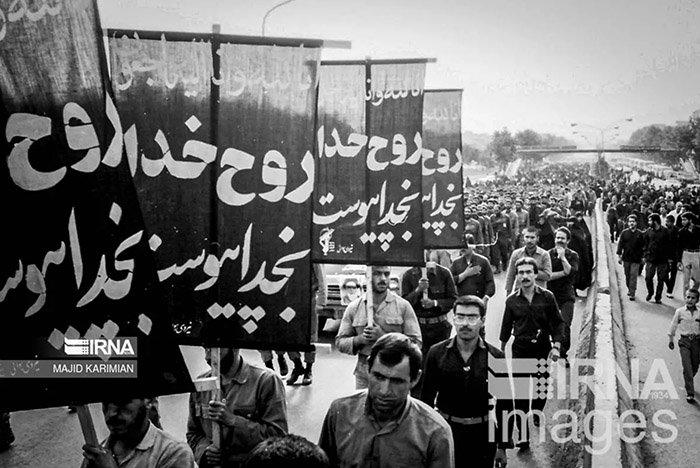Economic Decline and Khomeini’s Apathy
Economic hardship rapidly became a hallmark of post-revolution Iran. Khomeini’s disdain for materialism was encapsulated in his notorious statement: “Economics is for donkeys.” His prioritization of the spiritual over the material became a tragic irony as inflation soared, unemployment rose, and basic commodities became scarce.
The promised free services—housing, oil, transportation, telephones—never materialized. Real wages fell, and many were pushed into poverty. The eight-year Iran–Iraq War (1980–1988) compounded the problem, draining resources and leading to further debt and inflation.
By 1985, poverty had risen by over 45%, and public frustration simmered. However, dissent was dangerous. Complaints were often met with imprisonment, censorship, or worse.
Emigration and Brain Drain
The revolution and subsequent war triggered a historic exodus from Iran. For the first time in modern history, millions of Iranians—especially professionals, academics, entrepreneurs, and artists—left the country. Estimates place the number of post-revolution Iranian emigrants between two to four million.
These emigrants not only carried their skills and capital with them but also a collective memory of repression, enriching diaspora communities while creating an ongoing political rift with the Islamic Republic. Many settled in the United States, Europe, and Canada, establishing vibrant exile communities and media outlets.

